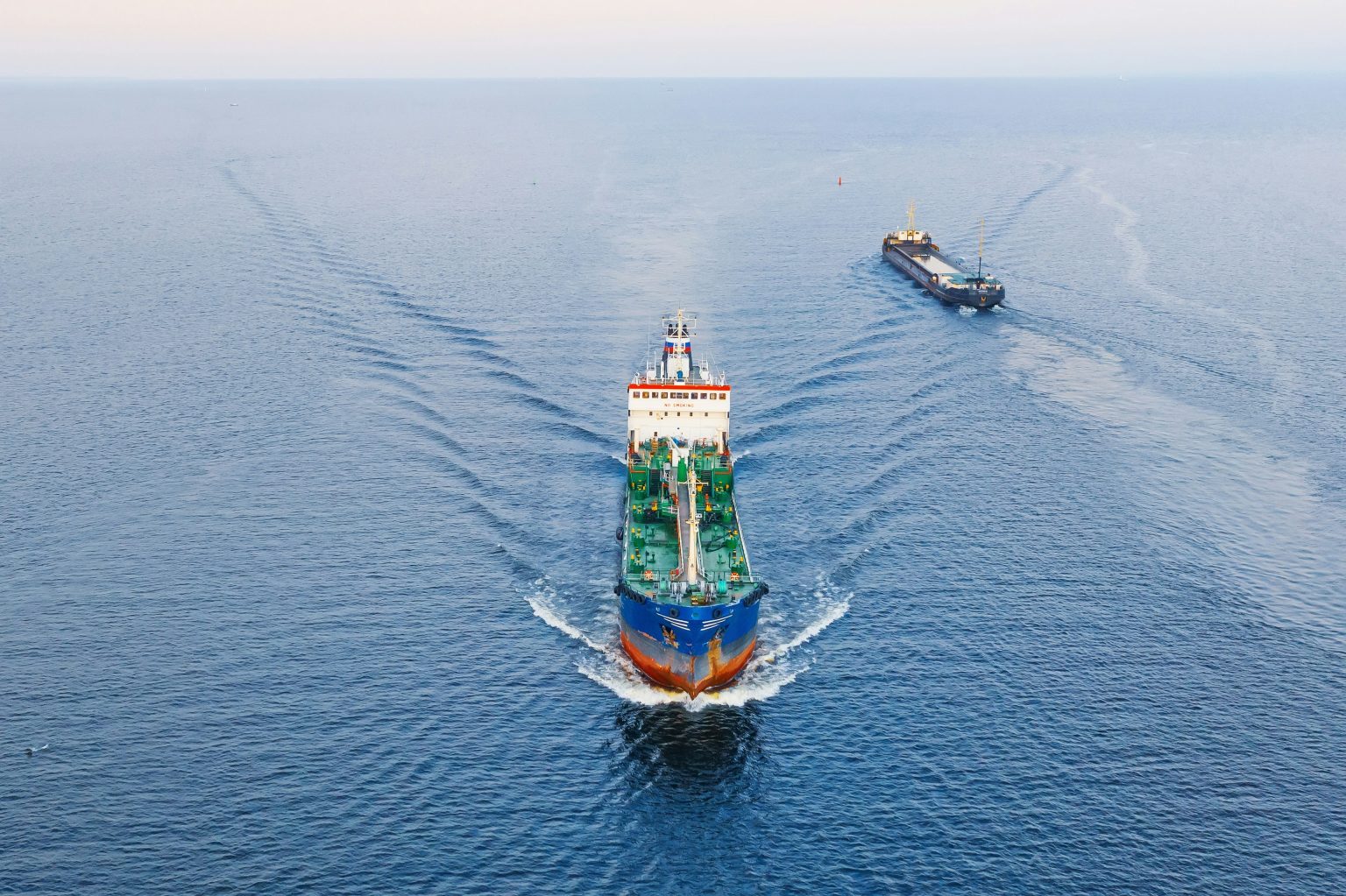World Maritime Day is an annual observance that highlights the crucial role of the maritime sector in global development. The theme for 2024 is “Navigating the Future: Safety First!”, emphasising the importance of safety and security as shipping faces new challenges and transformations. Organised by the International Maritime Organization (IMO), this day brings attention to the safety measures necessary to protect the marine environment while supporting international trade.
The IMO, a specialised UN agency, focuses on promoting safe, secure, and efficient shipping. World Maritime Day offers a platform to enhance maritime safety, aligning with sustainable development goals and the UN 2030 Agenda. This year’s events, including the WMO-IMO Symposium and social media campaigns, aim to engage the global community in these efforts.
The significance of maritime safety can’t be overstated, as the maritime industry is the backbone of international commerce. By spotlighting these issues, World Maritime Day encourages all stakeholders to prioritise safety and security, ensuring the well-being of both people and the oceanic ecosystem.
Theme and Significance of World Maritime Day
World Maritime Day 2024 is centred around the theme “Navigating the Future: Safety First”. This underlines the importance of maritime safety and sustainability amid global changes. The International Maritime Organization (IMO) plays a central role in fostering these priorities, aligning with various Sustainable Development Goals to ensure a safe and environmentally friendly future for the maritime sector.
Navigating the Future: Safety First
The theme for World Maritime Day 2024, “Navigating the Future: Safety First”, underscores the critical necessity of prioritising safety in the maritime industry. As ships and seafarers face new challenges, especially with the introduction of green fuels and technological advancements, ensuring safety remains paramount. This focus on safety aims to address and mitigate risks posed by evolving environmental and operational landscapes.
Efforts on a global scale are crucial to protect seafarers and support the maritime workforce. Through comprehensive strategies and international cooperation, safety measures can be enhanced, ensuring the well-being of workers and robust global shipping practices. Safety is not just a priority but a continuous commitment that drives the industry forward.
International Maritime Organization’s Role
The International Maritime Organization (IMO) is central to implementing safety and sustainability initiatives worldwide. By working with its Member States, the IMO sets international standards and guidelines to promote safe and secure shipping. One of its ongoing commitments is to highlight challenges and strategies related to maritime safety, particularly in high-risk areas.
IMO initiatives contribute significantly to the UN 2030 Agenda, with particular emphasis on Sustainable Development Goals such as SDG 8 (Decent Work), SDG 9 (Industry Innovation), and SDG 13 (Climate Action). Through these efforts, the IMO seeks to unite nations and stakeholders in achieving a safe and sustainably driven maritime future.
Sustainable Development and the Maritime Sector
Sustainability within the maritime industry aligns with the broader UN 2030 Agenda, linking closely with goals like SDG 7 (Affordable and Clean Energy) and SDG 14 (Life Below Water). The sector plays a crucial role in environmental conservation, energy efficiency, and sustainable resource management.
Innovations in shipping practices aim to reduce maritime emissions and ecological impacts. By advancing technology and regulations, significant steps are being taken toward achieving sustainable and economically viable maritime operations. The focus on sustainable development is essential for ensuring long-term prosperity and environmental balance in maritime activities.
Innovation, Safety, and Environmental Stewardship
Innovation in the maritime industry is driving improvements in safety standards and environmental protection. Advances such as automation and digitalisation are transforming shipping efficiency and ensuring a commitment to preserving marine environments.
Technological Change and Shipping Efficiency
Technological advancements are reshaping the maritime industry, enhancing both efficiency and safety. Automation plays a key role in this transformation, with systems designed for ship navigation and cargo handling becoming increasingly advanced. These improvements help in reducing human error, thus promoting safer shipping practices.
Digitalisation is another crucial factor, facilitating real-time monitoring and optimisation of routes, which saves on fuel and reduces greenhouse gas emissions. The integration of technology also supports better communication and weather prediction, guided by the WMO-IMO Symposium on Extreme Maritime Weather, ensuring vessels can adapt quickly to changing conditions.
Safety Standards and Regulations
The International Maritime Organization (IMO) sets high safety standards and regulations to protect life at sea. These rules cover various aspects like the safety of merchant ships, the proper carriage of dangerous goods, and the use of life-saving appliances. These measures significantly enhance safety communications and prevent maritime disasters.
Continuous updates to these standards ensure they keep pace with technological changes and emerging challenges. The IMO Secretary-General’s message consistently emphasises the importance of global collaboration and adherence to safety regulations, ensuring safer shipping is a priority for the world’s seaborne international trade.
Climate Action and Marine Environment Protection
The maritime industry is a significant player in global trade, but it must also focus on environmental stewardship. The reduction of greenhouse gas emissions and the transition to alternative fuels are top priorities. Decarbonisation efforts contribute to better environmental performance and the prevention of pollution.
Maritime education and awareness initiatives, such as those discussed at global forums, highlight the role of sustainable practices. Protecting marine resources, oceans, and seas is essential not only for the environment but also for maintaining the balance of marine ecosystems and supporting a regenerative ocean economy.


